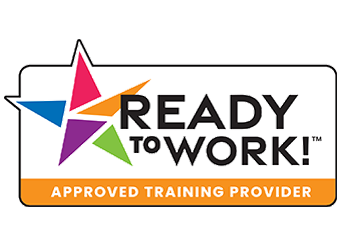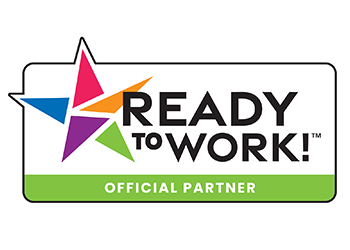Nursing Generic Program A.A.S.
What is the Nursing Generic program?The generic track is designed for non-licensed individuals. A four-semester program, after completion of pre-requisites, prepares the student to become a registered nurse and earn an Associate of Applied Science degree in Nursing. Successful completion of the nursing education program, graduates are eligible to take the National Council Licensing Examination for Registered Nurses (NCLEX-RN), authorized by and administered through the Texas Board of Nursing. Admission to the Generic Track Program is held twice each academic year, with admitted students beginning studies in the Fall or Spring semester. What can I do with this course of study?An RN course of study prepares you to become a professional registered nurse. As a licensed RN, you will be qualified to provide direct patient care, advocate for patient rights, and educate patients and their families on health and wellness. You will also be equipped to work in a variety of healthcare settings, such as hospitals, clinics, nursing homes, and schools. With further education and experience, you can specialize in different areas of nursing, including emergency care, pediatrics, critical care, and oncology. As an RN, you can make a real difference in people's lives and play a vital role in the healthcare industry. St. Philip’s College maintains relationships with several universities. If interested, the graduate may transfer to a university program to complete a Bachelor of Science in Nursing degree. What are the benefits of becoming an RN?There are many benefits to becoming a registered nurse (RN). RNs have the opportunity to make a positive impact on the lives of others every day, providing care and comfort to those in need. Additionally, RNs enjoy a high level of job security and stability, as there is always a demand for skilled healthcare professionals. RNs also have the opportunity for career advancement and specialization, with options to become nurse practitioners, nurse anesthetists, or nurse midwives, among others. Finally, RNs typically enjoy competitive salaries and benefits packages, making it a financially rewarding career choice as well. What will I learn?By attending an RN (Registered Nurse) program, a student will learn the skills and knowledge necessary to become a licensed registered nurse. This includes a comprehensive understanding of anatomy and physiology, pharmacology, patient care, medical and surgical interventions, and communication and critical thinking skills. Additionally, RN programs provide clinical experiences where students can apply their knowledge and skills in real-world healthcare settings under the supervision of experienced nurses. Upon completion of an RN program, graduates will be eligible to take the NCLEX-RN exam to become licensed as a registered nurse. Want more information?Announcements
|
How much can RNs make in the state of Texas?According to the U.S. Bureau of Labor Statistics, registered nurses (RNs) in Texas earn an average annual salary of $74,540 as of May 2020. However, salaries can vary depending on factors such as location, experience, and specialty. RNs can also earn additional income through overtime, bonuses, and shift differentials. Tuition and FeesTuition:
Student Activity Fee:
Student Support Service Fee:
ADN End-of-Program Student Learning Outcomes
|
Contact Information
| Program Director: Dr. Valerie Y. Moke, DNP, RN, CCM Associate Professor Email: vmoke@alamo.edu 210-486-2546 MLK Center for Health Profession (CHP),100E |
Program Advisor: Phone: 210-486-2139
|
 |
 |
One or more of these programs are approved Ready to Work programs. Find out if you’re eligible to receive free tuition and job placement services that will enable you to secure an in-demand career. |


